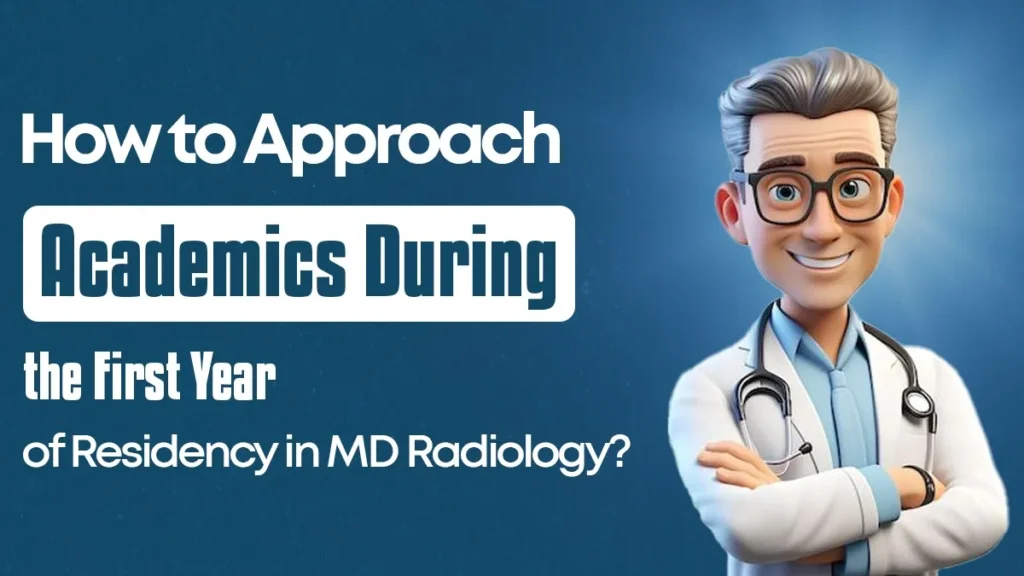How to Approach academics during the first year of residency in MD Radiology?

How to Approach academics during the first year of residency in MD Radiology? Embarking the radiology residency journey may be an overwhelming experience, especially when juggling clinical responsibilities with academics. The first year forms the very foundation of your entire residency. An organized and focused approach will help you excel academically while you build your […]
